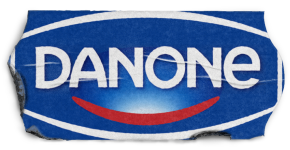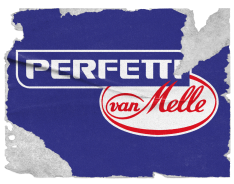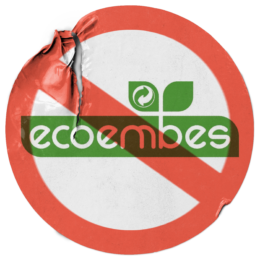Austria

A plastic pollution lobby mobilising against DRS
1.6 billion plastic bottles are placed on the market in Austria every year, equalling 181 plastic bottles per Austrian.1Hauer, W., Merstallinger M., Allesch, A., Beigl, P., Happenhofer,A., Huber-Humer,M., Obersteiner, G. and Wellacher, M. (2020). Möglichkeiten zur Umsetzung der EU-Vorgaben Betreffend Getränkegebinde, Pfandsysteme und Mehrweg. HAUER Umweltwirtschaft GmbH (ONLINE) Available at: https://bit.ly/2T0uVi7
In terms of volume, PET bottles are responsible for the largest proportion of littered items frequently found in Austria’s natural environment.2GLOBAL 2000 (2019). Rubbish in Austria’s nature: city, country and river. (Müll in Österreichs Natur: Stadt, Land, Fluss) (ONLINE) Available at: https://bit.ly/3bu3jIF To address this issue and to meet separate collection targets stipulated in the EU Single-Use plastics directive, the Austrian government is considering the introduction of a deposit return system.
Yet a powerful coalition of companies – including retail giants REWE, Spar, Hofer and Lidl, as well as beverage companies including Brau Union, Spitz and Pfanner – are working to influence the government’s decision against a DRS, orchestrating their lobbying efforts through the highly reputed Altstoff Recycling Austria AG (ARA), Austria’s largest extended producer responsibility (EPR) organisation. The case of Austria reveals the complex web of influence and vested interest behind the industry’s push to undermine a proven solution to reduce plastic pollution.
Read the Full case study as a PDFd












